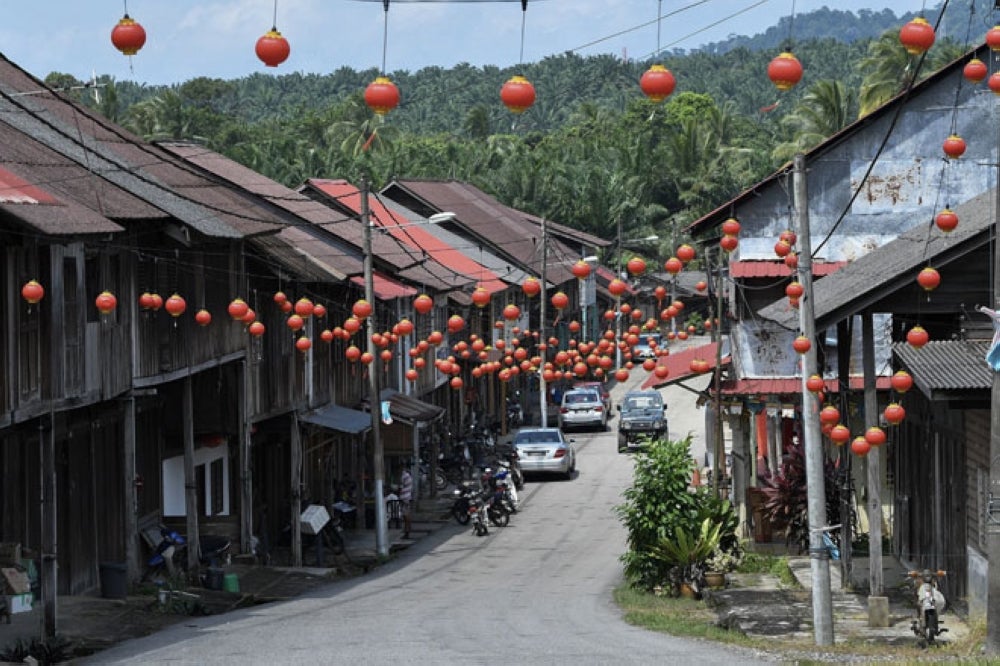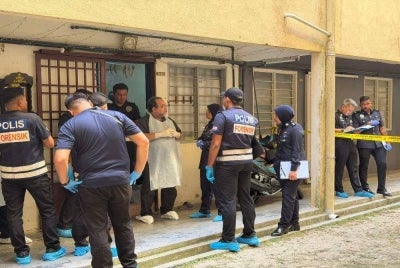Chinese new village Unesco listing: New villages or national identity?
Can a village's past fit the Unesco picture?

THE proposition to recognise Chinese new villages as Unesco World Heritage Sites faces ongoing debate, with critics arguing it fuels racial tensions due to the historical context of these settlements.
During the launch of the Balik Kampung Chinese New Year Fest in Kuala Lumpur, Housing and Local Government Minister Nga Kor Ming announced plans to nominate these villages, citing their 76-year history and unique cultural heritage.
He stressed the importance of engaging with the state government to initiate the nomination process and highlighted the positive signs of development within these communities, including the resurgence of youth activities and cultural centres.
June 2023: Seven villages selected nationwide
Nga had previously announced the selection of seven villages across Malaysia for nomination as Unesco World Heritage sites.
These villages were meticulously chosen from a pool of 613 new villages scattered across Malaysia, including locations in Penang, Perak, Johor, Melaka, and Selangor.
February 5: Opposition to the proposal
Bersatu and Machang MP Wan Ahmad Fayhsal Wan Ahmad Kamal challenged Nga's proposal, advocating for Kampung Baru Kuala Lumpur instead of Chinese new villages in Selangor for Unesco recognition.
He argued that Kampung Baru Kuala Lumpur holds greater historical significance and aligns better with national identity and policy.
Wan Ahmad Fayhsal raised concerns about potential alterations to the country's historical narrative and questions the Nga's intentions behind the move.
Umno's view:
Umno Youth Chief Dr Muhamad Akmal Saleh rejected further discussion on Nga's proposal, claiming there is no necessity for it.
Instead, he offered to "educate" the Minister on the history of Malaya and the Malaysian constitution, inviting Nga to a meeting to failitate this.
Gerakan's outlook:
Gerakan president Dominic Lau also chided Nga for alleged poor communication on the issue and added that a thorough explanation is needed while respecting the views of stakeholders, particularly the Malays and the Chinese.
Nga in response, brushed off the claim that the Unesco status proposal will challenge the rights of bumiputera and Malay.
Ethnic context:
Former Penang deputy chief minister P. Ramasamy has raised doubts about the rationale behind Nga's proposal and the significance of the chosen Chinese new villages.
While acknowledging potential merits, Ramasamy highlighted concerns about the charged ethnic context potentially hindering its success.
He suggested that other natural and historical sites, including colonial structures and national monuments, should also be considered for Unesco heritage listing.
He also took a jab at the government, saying that it needed to figure out when it comes to prioritising the sites that Unesco can recognise.
Historian's critique:
Historian Prof Datuk Dr Ramlah Adam joins the debate, criticising the proposal to designate new villages in Selangor as Unesco World Heritage Sites.
Ramlah pointed out the historical origins of these villages as containment settlements during the British era, expressing doubts about their suitability for such recognition.
She questions whether the proposal aims to erase darker aspects of history and contends that these villages lack significant historical monuments.
"I think he (Nga Kor Ming) understands history, he might want to erase the dark history of the Chinese new villages where some Chinese once supported the Malayan Communist Party (MCP).
"If he wants to erase that dark history, then he will distort history," she told Harian Metro.
Emphasis on harmony and non-politicisation:
Selangor Menteri Besar Datuk Seri Amirudin Shari cautioned against politicising the nomination of Chinese new villages in Selangor.
He stressed the importance of maintaining societal harmony in a multicultural nation and urged against sensationalising the issue.
Nga echoed these sentiments, pointing out the non-political nature of the proposal and welcoming suggestions for nominations of Malay villages or other historical sites.
Engagement with Opposition:
Nga also announced plans to meet Umno leaders to discuss his proposal further.
He seeks constructive engagement to clarify facts and address any misconceptions, emphasising the importance of informed deliberation.
Upon obtaining study results and if deemed feasible, Nga intends to bring the matter to the Cabinet for further consideration.
Download Sinar Daily application.Click Here!














